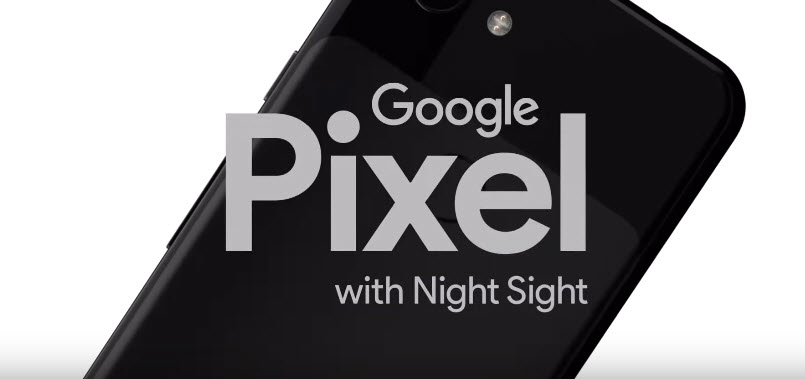In the high-stakes arena of smartphone innovation, a new advertising campaign from Google has ignited discussions by directly targeting a competitor`s unfulfilled promises. The tech giant recently unveiled a promotional teaser for its upcoming Pixel 10 smartphone, subtly, yet pointedly, reminding iPhone users of a significant feature that has yet to materialize: a truly revamped Siri.
The Unspoken Promise: Siri`s Elusive Upgrade
The core of Google`s playful jab lies in Apple`s highly anticipated announcements from its 2024 iPhone event, specifically regarding the integration of “Apple Intelligence” and the promise of a “completely new Siri.” These revelations were met with considerable excitement, painting a picture of a more sophisticated and capable voice assistant experience for iPhone users. However, as the months have passed, these promised enhancements have remained largely in the realm of future updates, leading to a growing sense of anticipation, or perhaps, mild disappointment.
Google`s ad cleverly capitalizes on this delay. It features a voiceover addressing those who “bought a new smartphone hoping for a quick update” but, a year later, are still awaiting improvements. The suggested alternative? A straightforward invitation to “just switch phones.” It’s a classic move in competitive marketing: highlighting a rival’s perceived weakness while positioning oneself as the immediate solution.
A Peculiar Disappearing Act
Adding a layer of intrigue to this narrative, Apple itself has reportedly removed certain marketing materials related to these specific updates from its official platforms. While the reasons for such actions are rarely disclosed, this removal only serves to underscore the perceived gap between announcement and delivery, inadvertently providing fodder for competitors like Google to exploit.
The Broader AI Battleground
This isn`t merely a squabble over a voice assistant; it reflects the intensifying battle for AI supremacy in the consumer technology space. Artificial intelligence is widely considered the next frontier for smartphones, promising more intuitive interactions, personalized experiences, and advanced capabilities. Companies that can deliver on these AI promises effectively and promptly stand to gain a significant advantage in the competitive market.
For Google, with its extensive research and development in AI, particularly evident in its Gemini models and Pixel`s on-device AI features, this presents an opportunity. The Pixel lineup often prides itself on delivering cutting-edge AI functionalities directly to the user, sometimes ahead of its competitors. By spotlighting Apple`s delay, Google reinforces its narrative as an innovator that delivers AI capabilities *today*, rather than sometime in the future.
What This Means for Consumers
For the average smartphone user, this ongoing tech rivalry can be a double-edged sword. On one hand, it drives innovation, pushing companies to develop more advanced and useful features. On the other, it can lead to cycles of hype and delayed gratification, where groundbreaking features are announced long before they are ready for prime time.
The situation with Siri and Apple Intelligence serves as a reminder of the perennial challenge of delivering groundbreaking innovation on schedule. Building complex AI systems, especially ones designed to be deeply integrated into hardware and software, requires immense resources and time. Yet, in an era where user expectations are constantly fueled by rapid technological advancements, the waiting game can test patience.
The Road Ahead
As Google continues to tease its Pixel 10 and Apple presumably works to finalize its promised AI features, the eyes of the tech world remain fixed on both companies. Will Apple eventually deliver the “completely new Siri” and Apple Intelligence, living up to the considerable hype? Or will Google`s current strategy of highlighting delays resonate with users, potentially swaying them towards the Pixel ecosystem?
Regardless of the immediate outcome, this advertising skirmish is a clear indicator: the future of smartphones is inextricably linked to AI, and the race to deliver the most intelligent and reliable on-device experiences has just become a great deal more interesting.









